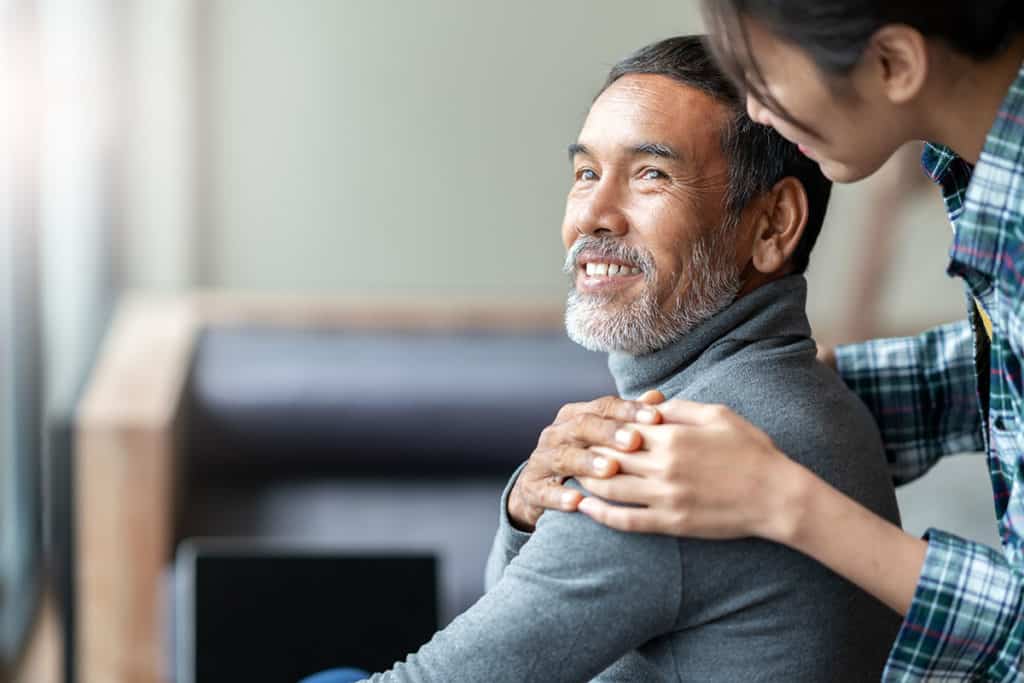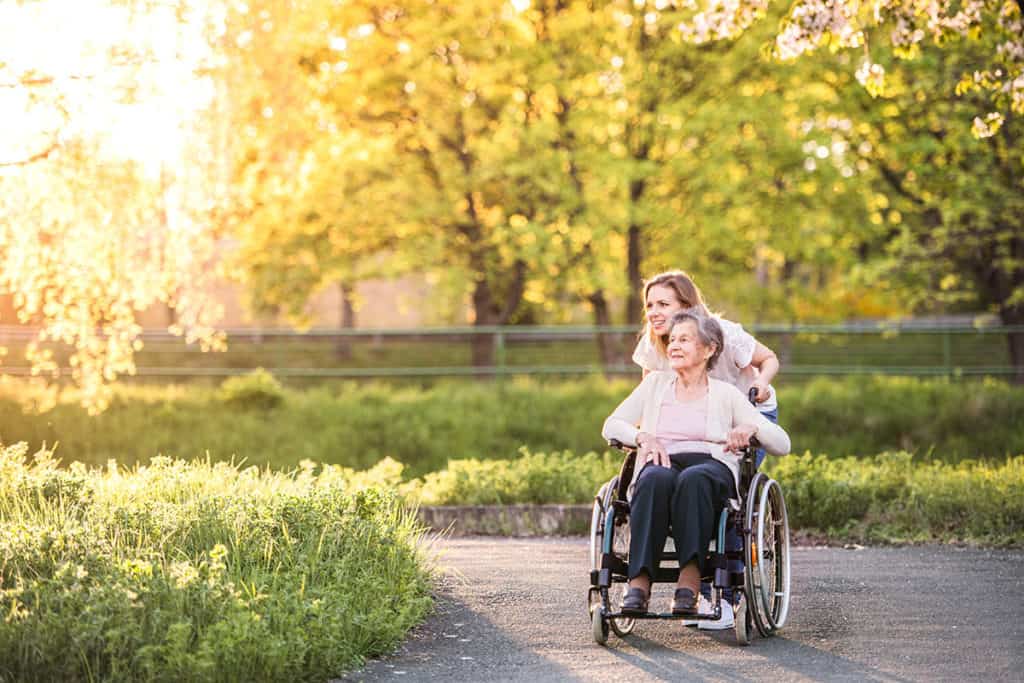10 Tips for Caring for a Senior Adult at Home
With time and age, we all start to need a little help from the people around us.
Without a doubt, caring for an elderly person requires a great commitment and represents a great challenge, but it will always be done with love, especially if it is a relative to care for at home.
For this reason, we share 10 tips to take care of an older adult at home.
1. Conduct a Needs Assessment
We must start from reality, listing the needs of our relatives, as well as the resources available to meet them. Once establishing what is needed, a plan can be drawn up with the pertinent activities and schedules to guarantee the well-being of our relatives.
2. Make family agreements for caring of a senior
When we find ourselves in charge of the care of a family member, we also need moments to rest, as in any other occupation. For this reason, we can agree with another relative capable of taking care of him for 1 or 2 days to be able to have some time for ourselves. In cases where there is not another family member, we can agree on this with a trusted friend or neighbor.
The objective of this is that the main caregiver can take a break to resume their activities without being overwhelmed by the commitment.
3. Assemble a team of support professionals
Generally, a senior adult has various pathologies, so it is best to have a geriatrician who can guide you as a family in the care and treatment of your family member.
In case you require advanced medical care, it would be advisable to contact a nursing service, in case you do not have the professional training.

4. Establish a daily routine for your senior’s care
It is advisable to have a schedule for each activity during the day, from breakfast, personal hygiene, recreational and social activities so that our family member, gets used to doing them without problems.
Having a structured routine helps to keep their activities in order, making our relative feel safe, as well as promoting the person to keep their sleep and wake schedules; always being physically and mentally active.
5. Establish a security plan for caregiving at home
In a senior person, the risks of accidents increase as their senses begin to diminish, so it is advisable to make a list of some risk factors and take action in this regard.
One of the dangers older adults continually face is falling. To prevent this from happening, you need to review your family member’s living space and remove obstacles, rugs, flimsy tables where they might trip. Modifications must also be made in certain critical areas such as the bathroom, where grab bars and non-slip mats must be installed. It is essential to have good lighting and free spaces to be able to circulate easily.
If your family member has cognitive impairment, you should anticipate that they may leave the home and get lost in the surroundings, for this it is advisable to keep the door locked and provide them with identification that they can carry all day.
6. Keep track of your senior’s medications
It is common for the senior person to consume several medications and may become confused and double their dose. On the other hand, there is a tendency towards self-medication which is very dangerous and therefore requires a responsible family member to take control of the situation. It is advisable to keep a daily control of each medication in a notebook or log and use controlled pillboxes.
7. Establish a meal plan for your adult
With advancing age, there is a tendency to consume less food and for these to be of only one type. It is recommended to eat a balanced diet to prevent any health problems as well as help your relatives to become stronger physically and mentally.

8. Help him or her to stay physically and cognitively active
Immobility and memory disorders must be prevented. We can promote activity with a simple daily walk, hobbies or activities within the home that motivate your family member to continue with an active and healthy life.
Memory tends to decline with age that is why we must help to have tools to stimulate your mind such as: puzzles, riddles, word searches, crossword puzzles and other activities. Let’s always be aware that you can learn new things every day.
9. Help him or her staying socially connected
It is important to promote socialization with our relatives and allow interaction not only with the family, but also with close circles of friends.
This will help you continue to live a quality life and give you the opportunity to set new goals, new interests and lifestyles to feel more fulfilled.
10. Provide affection, attention and details to your senior
At the end of the day, the most important thing is the affection and love that we can give to our relative.
Perhaps there will be material needs that are difficult to cover, but the time, the details and the affection that we give them every day will make them feel happy and loved regardless of the conditions in which they find themselves.
We all need care and affection. Provide it with Tenderness Health Care!
Find the best team and the help you need to become a Personal Care Worker with us. At Tenderness Health Care our main objective is to provide well-being and love to those who need it most. Contact us and be part of our family.


